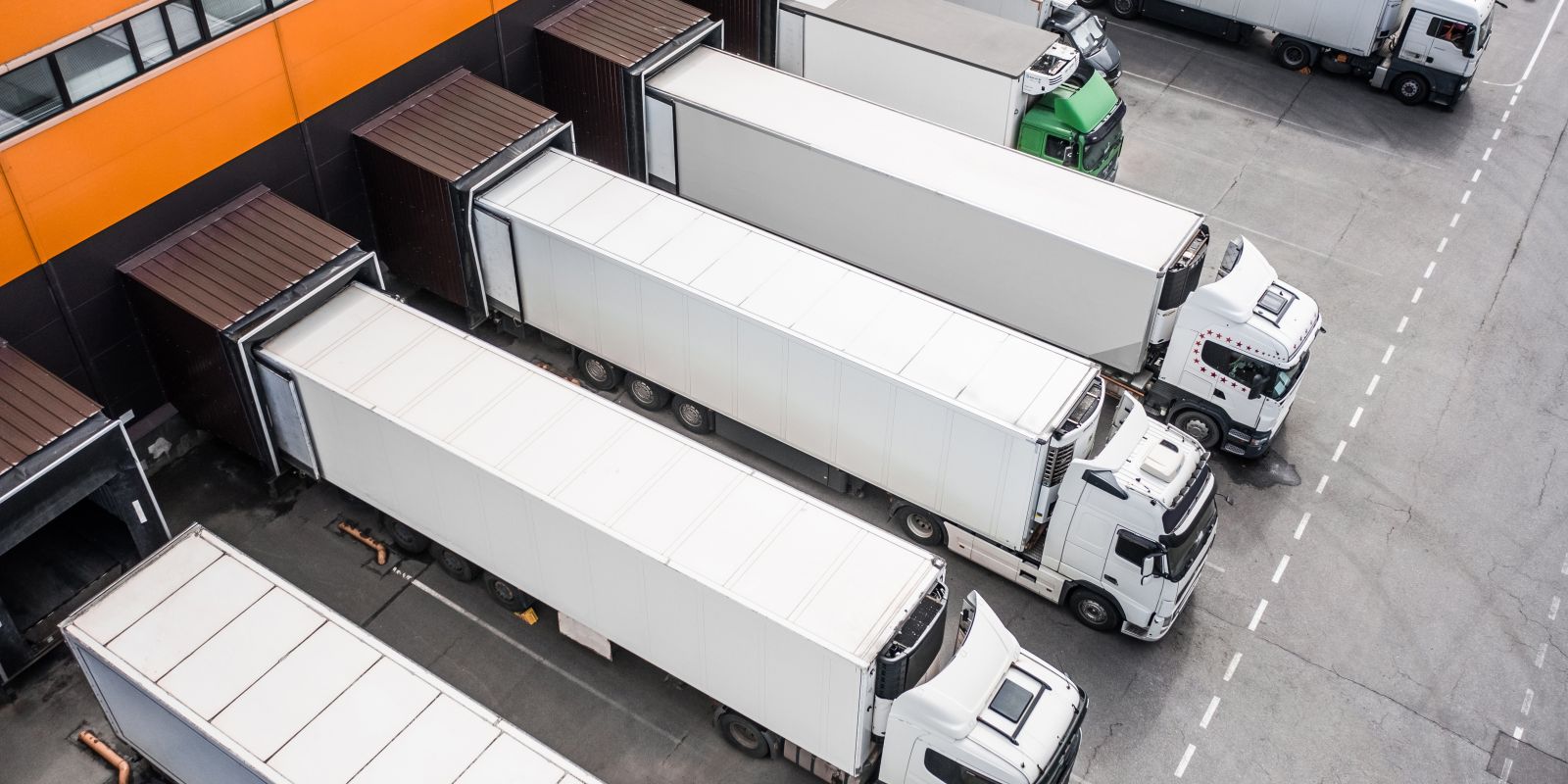SOUTH LINCOLNSHIRE’S LEADING ROLE IN FOOD LOGISTICS
The demand for food logistics and cold storage is growing, and with the UK’s largest cluster in this sector centred on Spalding and Boston, the south Lincolnshire area is extremely well placed to capitalise on this growth.
Globally, the demand for food is increases the complexity of supply chains and fuelling growth and consolidation in the cold storage and logistics sector. This includes growth of international cold storage specialists and third-party logistics (3PL) providers, such as Americold, which invested in Spalding by acquiring Bowmans Cold Stores.
Other notable local investments in food logistics include GIST and its Spalding site which was absorbed into M&S in 2022. Turners of Soham has invested in its Bicker site, and Spalding Coldstore (formerly GXO) was bought in 2024 by JS Davidsons of Peterborough. Local business Freshlinc continues to expand and is now one of the UK’s leading fresh produce logistics companies alongside its sister company FloraLinc. The other major local food chain-focused logistics business, Fowler Welch, is now part of the international Culina group of companies, and UK leading recipe box specialists Gousto has its main national distribution site in Spalding, as does Bakkavor which has recently joined Greencore.
In total there are over 20 large food and agricultural distribution businesses in south Lincolnshire, as well as many smaller food logistics businesses which provide niche or specialist services. It is therefore not surprising that in April 2022 the ONS reported that in a decade South Holland had moved up to be the second most concentrated logistics cluster nationally, up from 23rd place in 2011.
The neighbouring district of Peterborough is now in fourth place and Boston is in tenth, showing how important this area is to the logistics industry across the UK. More information is available at The rise of the UK warehouse and the “golden logistics triangle” - Office for National Statistics (ons.gov.uk)
The A16 is the key route which links this nationally significant food supply chain cluster together, and this key route is receiving much needed investment following successful bids led by Lincolnshire County Council with the South East Lincolnshire Councils Partnership.
The area’s logistics industry is primarily dependent on the A16 and A17, with the A16 estimated to move over 11.5 million tonnes of goods per year into and out of Cambridgeshire and onwards to the A1 corridor and the wider UK. The A17 links the cluster to the A1 for routes to northern England at Newark and into Norfolk, with the A52 linking the cluster to the A1 at Grantham.
According to DfT freight statistics, 28% of UK road freight is food chain-related, but in south Lincolnshire the figure is believed to be over 75%. Spalding and south Lincolnshire is the UK’s largest food logistics cluster, with over 1 million commercial vehicle movements per year in the food chain (deliveries into and out of the cluster). Over 1,500 finished lorry loads of food leave the area every day for UK and international markets and 30% of UK food is believed to be transported through south Lincolnshire at some stage in the supply chain.
The efficiencies which food logistics and production hubs such as Spalding can deliver will be increasingly important to drive sector growth and meet changing market needs.
To enable further growth of the food logistics cluster, south Lincolnshire has allocated major sites with the potential for food and supply chain investment including: the Spalding Gateway site (consented for industrial use on 51 acres / 20.74 hectares) and the Clay Lakes (78 acres (31.5 hectares) allocated employment site in Spalding. Both of these sites are ideally suited for food logistics and cold storage uses given their direct links on to the A16.
To discuss the potential to invest in south Lincolnshire’s food logistics sector please contact Matthew Hogan, Assistant Director for Growth at the South East Lincolnshire Council’s Partnership at Matthew.Hogan@sholland.gov.uk



